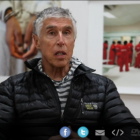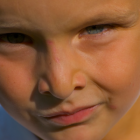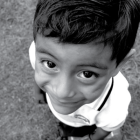
Chicago’s Cease Fire Making a Difference in Lives of Youth
|
Earlier this week, PBS’s Frontline aired The Interrupters, a documentary by director Steve James. James, best known perhaps for Hoop Dreams, spent a year filming in Chicago. He documented the efforts of Cease Fire, an organization that works to reduce and prevent gang violence in some of the most deadly parts of the city. The film highlights the model developed by Cease Fire. It is an approach to youth violence and crime in general that deserves more attention.


